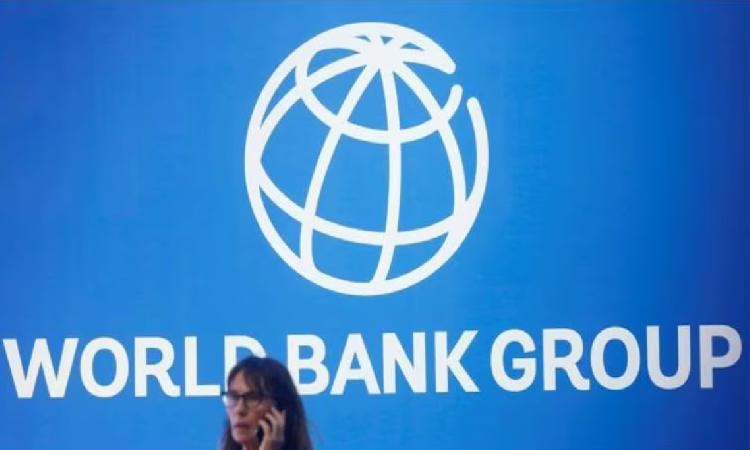

World Bank Managing Director (Operations), Anna Bjerde, stated that if India raises the percentage of women in the labor force to 50%, it will contribute to a 1% rise in GDP growth, which is significant for a nation the size of India.
The official visited World Bank-supported initiatives in the city recently. She went to the working women's hostel called "Thozhi," which is situated in the Tambaram area and was co-developed by the Tamil Nadu government, the World Bank, and the private sector.
The hostel was officially opened in January by TN Chief Minister M K Stalin.
"I believe that addressing women's empowerment and equal opportunity is the ultimate accomplishment when we are concentrating on a housing solution for women. These kinds of solutions show that some of them pursue education, while others take up fascinating careers in manufacturing or information technology. In a brief interview, Bjerde told PTI, "That is the testament that the number of hostels has been growing over the last few years and shows that there is demand for it."
"We have a big program (working women's hostel) here in the State and it is in urban development," she added, noting that the World Bank would continue to engage in developmental programs for women. This is a component of our city's growth. Positive, effective approaches that increase female labor force participation would be interesting to me."
In response to a question on whether this concept of creating working women's hostels will spread around the globe, she stated, "I think you know in many countries female labour force participation is still quite low and even here in India I would like to see it grow."
Any nation that shares comparable social and demographic characteristics is, in my opinion, attempting to transition from a lower middle-class to an upper-class developed nation. She continued, "I think they can learn a lot from India."
Bjerde went on to say that South and South-East Asia, as well as African nations, might implement such a model.
This concept is quite intriguing since it recognizes the limitations of the public sector and emphasizes public-private partnerships. The private sector contributes a great deal of innovation and efficiency, and the public sector has a lot of work to do. Many concerns that the private sector can handle, such as land or even longer-term funding, are provided by the public sector.
She stated that if you have urbanization and housing demands, this may be a really viable option because India has a lot of experience with these sorts of models and other nations are attempting to boost female labor force participation.
In response to a question on why there are hostels for working women, she stated that although women make up half of the population globally, their participation in the economy is incredibly low. Certain nations are performing far better than others in the world.
As an illustration of our research conducted here in India, the official stated that if the country's female labor force participation rate were to reach 50%, its GDP would rise by 1%, which would be enormous given its sizeable economy.